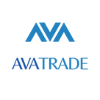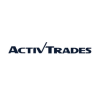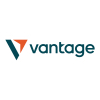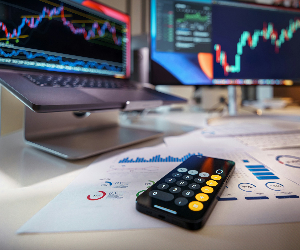Our ranking of the best ECN brokers is an essential guide for traders seeking direct market access, transparency, and low trading costs. These brokers excel in offering tight spreads, fast execution, and fair trading conditions.
BEST PLATFORMS FOR INVESTING IN GERMAN STOCKS
Discover our top-ranked platforms for trading German stocks, tailored for investors looking for access to the largest and most dynamic stock market in the world. We emphasise providers that offer a wide range of German stocks and strategic trading tools.<

Ranking Methodology
Our approach to ranking the top platforms for trading German stocks is comprehensive and detailed, ensuring our recommendations align with the specific needs of stock investors and traders.
We have focused on several key criteria to evaluate the platforms:
Regulatory Compliance and Security: We place great importance on platforms that adhere to strict regulatory standards. Compliance with these regulations is key to ensuring the security and protection of investments.
Platform Functionality and Tools: The usability of the platform and the availability of advanced trading tools are critical for effective stock operation. We have evaluated the quality of analytical tools, real-time data flows, and the overall user experience provided by these platforms.
Access to a Wide Range of German Stocks: The ability to offer diverse stocks is key.
Trading Costs and Commissions: Profitability is crucial. We have evaluated fee structures and commission rates, favouring platforms that combine transparency with competitive pricing.
Key Considerations for Trading German Stocks
When trading German stocks, investors should consider several factors to effectively navigate the market:
Economic Indicators: Keep an eye on Germany's economic indicators, such as GDP growth, unemployment rates, and manufacturing data. These can significantly impact the stock market.
Company Fundamentals: Analyze the fundamentals of German companies, including earnings, debt levels, and management quality, to assess their investment potential.
Market Trends: Understand general market trends and how they affect different sectors within the German market. Sectors like automotive, pharmaceutical, and technology are crucial in Germany.
Political Climate: Germany's political landscape, including policies and regulations, can influence market dynamics and investment sentiment.
Currency Fluctuations: As trades will involve the Euro, be aware of currency risk and how EUR fluctuations can impact returns for international investors.
To build a diversified portfolio, consider a mix of different sectors, including established companies and emerging businesses. Diversification can help mitigate risk and capitalize on various growth opportunities within the German market.
Most Traded German Stocks
Some of the most actively traded German stocks include:
Volkswagen AG: A major player in the automotive industry.
SAP SE: A leading enterprise software company.
Siemens AG: Specializes in industrial manufacturing and technology.
BASF SE: The world's largest chemical producer.
Deutsche Bank AG: One of the leading global financial services providers.
History of the German Stock Exchange
The German stock exchange, known as Deutsche Börse, has a rich history dating back to the 16th century. It played a pivotal role in the development of Germany's financial markets and economy. Over the years, the Deutsche Börse has evolved, adopting technological advancements and expanding its international presence. Today, it is recognized as one of the largest stock exchanges in the world, hosting numerous significant German and international companies and playing a key role in global finance.
YOU MAY ALSO BE INTERESTED









